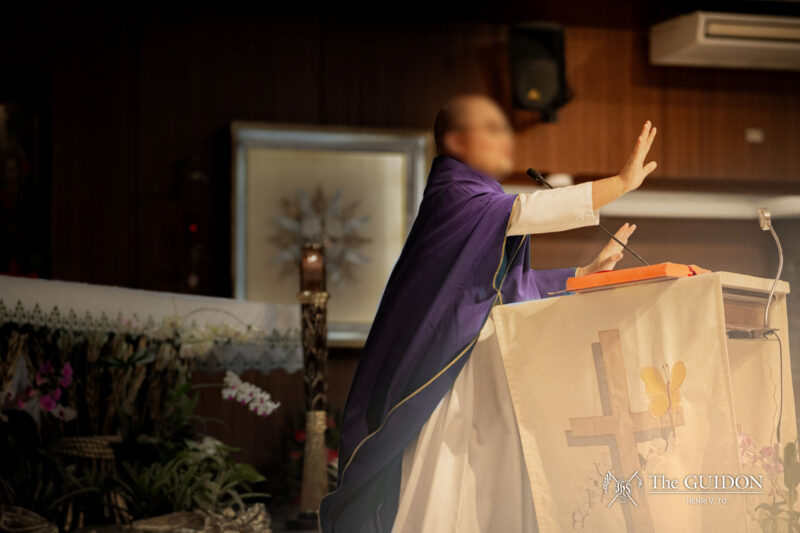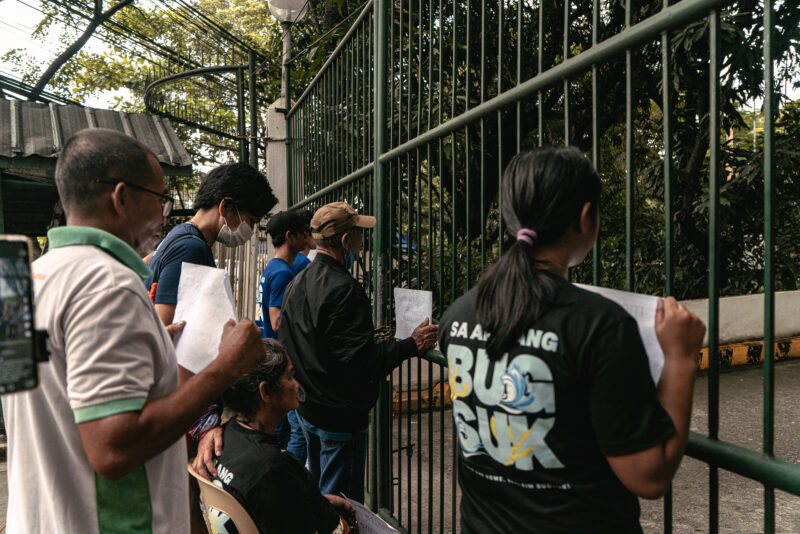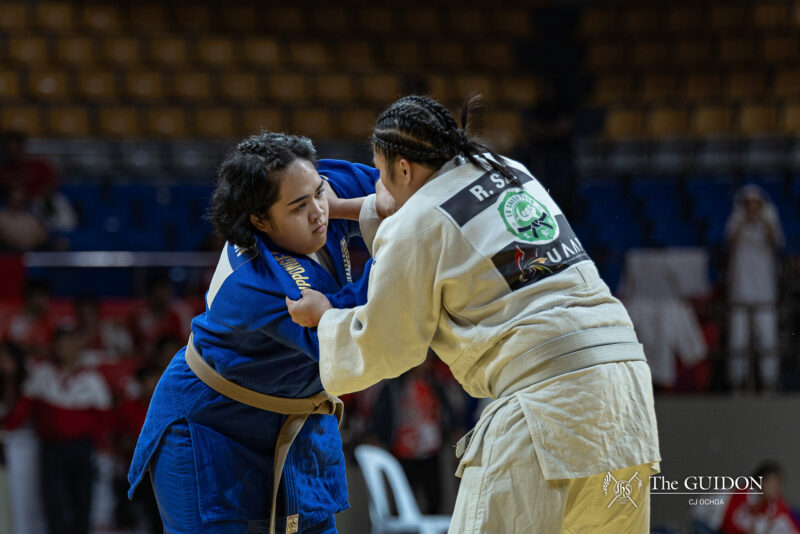He has been known for applying the (in)famous ‘cancel the highest grade’ policy and for his knowledge of some of Philippine history’s most peculiar facts—from Mabini’s dislike of canned meat to the origin of the word ‘pamangkin’ (from ‘para namang akin’).
Though some still mistake the name “Ambeth Ocampo” as pertaining to a girl teacher, the famed go-get-him history professor has more up his sleeve than what he shows in a typical classroom setting. And that’s saying something, after you’ve attended a class where a few minutes of the class period is spent sketching a guy’s genitals— with a purpose for class discussion, of course.
Curiosity spared the cat
As a self-confessed average student—“I was told early on not to let my academics get in the way of my education”—Ambeth admits that what got him started with his affair with history is an indulgence of three things: reading, travel, and conversation.
“I would explore Manila with a group of friends on Saturdays,” says Ambeth. “I have always been curious.”
Yet surprisingly, as a student, he never liked history—or at least, the way it was taught to him. “It was a parade of hard-to-spell names, forgettable dates, and seemingly irrelevant events,” he says. “I never understood why something so engaging as history could be made so dry.”
Salvation came in the form of two professors who completely changed Ambeth’s view of history. “I had two good history teachers in college—the late Fr. Leonard and the venerable Miss Tubangui,” he says.
Under their mentorship, Ambeth realized the most basic dilemma of history—the way of its teaching. “History is interesting,” he says. “If you think history is boring then you had a bad teacher.”
Of writers and iconoclasts
Outside the academe, Ambeth has traversed into the writing business, giving Philippine history another spin. “When I first started writing, I concentrated on the obscure but interesting details overlooked when we study the full sweep of Philippine history,” he says.
In his bi-weekly column in the Philippine Daily Inquirer, Ambeth informs the readers of never-been-heard-of historical facts in an entertaining way, as does his array of books, Rizal Without the Overcoat, Aguinaldo’s Breakfast, and Bones of Contention: The Bonifacio Lectures.
“I try to bring history from the academic ivory tower to the general non-academic reader to show how history can be relevant to the present,” he says.
This reaching out of something seemingly archaic to the common man is a task that fellow writers have come to appreciate of Ambeth.
“Ambeth is the single most important voice when it comes to the discussion of history both as an academic subject and as a living body of knowledge,” says fellow writer Ruel de Vera. “He has an uncanny knack of locating details like facts and dates in an article without shouting out loud.”
Yet Ambeth’s strength can also be found in his unerring gall to question the authenticity of historical facts, even when he was named National Historical Institute Chair in 2002. This made his critical nature subject to criticism, the more recent of which came in the form of the transformation of Rizal’s Bahay na Bato in Calamba from red to green last June.
It was just among the many critical decisions he had to do, alongside the types of declaring the Code of Kalantiaw as a forgery, moving the first shot of the Filipino-American War from San Juan Bridge to Sta. Mesa, and moving the site of the blood compact ritual from Tagbilaran to Loay, Bohol. And in each of these, he had to deal with people crying outrage.
“I try to do my job the best I can with what is available to me in the present,” says Ambeth. “Years from now, a younger historian with more materials will say I am wrong, that Ambeth Ocampo was an idiot. That is what makes history a humbling discipline.”
A teacher at heart
The pull of teaching, however, brings Ambeth back to the university, so much so that his classes are always one of the first to run out of vacant slots during enrolment. “I do not give high grades, but I think that many grade-conscious Ateneans are willing to risk that in order to learn,” he says.
His secret of keeping his students interested lies in the fact that he does not only teach history, but also historiography—the study of how history has been written.
Ari Salud, a former student, recalls one of the most interesting classes he had with Ambeth. “Having Ambeth as a professor is a different kind of experience,” he says, referring to the time when everyone—yes, even the girls—were asked to draw the male private parts. “It was part of a reading about an ancient condom our ancestors used. That was an unusual day [but] it was really in contrast to the boring lessons we used to have in high school.”
Ambeth is looked up to not only by his students but also by his co-teachers. “His biggest contribution is that even though the subject of history is complicated, Ambeth has a gift of making complicated things easy to understand,” says History Professor David Lozada III.
History as a way of life
Despite having come a long way, Ambeth remains unaffected by the glory and fame that comes with it. “Ambeth never has airs, never shows off, and always knows what he’s talking about,” says de Vera.
A man of many faces—teacher, NHI Chair and writer, to name a few—he has brought history closer to a society that has treated it as nothing but a thing of the past. But it’s uncertain until when these facts will belong to Ambeth.
What is certain, though, is that he will remain on the path of uncovering answers. Until the ivory towers that confine history are still standing, Ambeth won’t stop being a siege engine.
History bug
History may have been taught in high school as (boring) dates and past personalities. But Ambeth’s take on history goes beyond hard facts, includes the not-so-common and genuinely interesting.
Doctor without the degree
Jose Rizal has always been addressed as “Doctor,” but what the history books don’t tell us is that he never really acquired his medical degree in Spain due to insufficient funds.
Translation bites
Mamon, the delicious Filipino merienda, is believed to have its name origin from the Spanish language. But, correctly translated, mamon is a vulgar word pertaining to a woman’s large breasts. So if you ever go to Spain and crave for mamons, use the word “magdalenas” instead.
Malacañang’s secret
The presidential palace, Malacañang, actually got its name from the phrase “mala caña” which means “bad cane.” It came from the time when the San Miguel District still had bamboo groves where the Malacañang is located. From these bamboo groves came eerie sounds, which made local folks believe it was inhabited by aswangs and tiyanaks.






